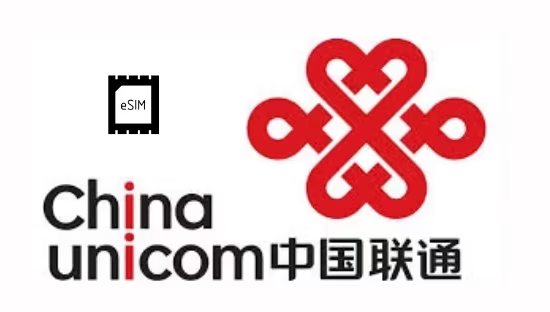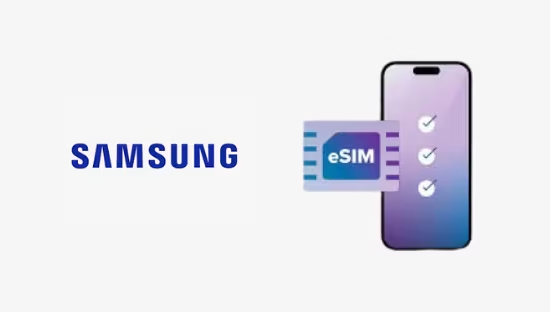
Big Telcos Don’t Sell Data — They Sell Delay, Confusion, and Fine Print
Walk into any telco shop or scroll through their websites, and you’ll see the same glossy promise: unlimited data, lightning-fast speeds, world-class coverage. The marketing looks like it was crafted by someone who thinks you’ll burst into tears of joy just from seeing a 5G logo.
But here’s the ugly truth: telcos don’t actually sell you data. They sell you delay, confusion, and fine print—with a side of “good luck trying to get a human on the phone.”
This isn’t an accident. It’s the business model.
Delay as a Product
Ever tried to change your mobile plan? Or cancel it? Or god forbid, switch to another provider? Suddenly, the efficiency that delivers a bill to your inbox at 12:01 a.m. every month mysteriously disappears.
You’ll spend hours listening to hold music that sounds like it was ripped from a 1997 elevator. You’ll get bounced between “departments.” You’ll repeat your account number twelve times to twelve different people, each pretending they’ve never heard of your problem.
That’s not a bug. That’s the product.
Delay works in their favor because the longer they stall, the more you pay. You get billed for “one more cycle” while your request is “processing.” You keep paying for roaming because your cancellation hasn’t “fully gone through.”
Big telcos figured out long ago that the best way to keep customers is not by delighting them—it’s by exhausting them. Delay is the glue that keeps their empire together.
Confusion by Design
Have you ever looked at a telco plan and thought, Wait, what am I actually buying here? Welcome to the labyrinth.
One plan says “unlimited data” but it slows you down after 30 GB. Another offers “roaming included” but only in the “preferred zones,” which—surprise—don’t include the country you’re traveling to.
They use words like “fair use,” “priority data,” and “essential coverage” like confetti, hoping you won’t ask what they actually mean. Spoiler: they don’t mean anything. They’re designed to sound good but remain vague enough that the telco can wiggle out of whatever promise you thought you understood.
It’s not incompetence. It’s theater. Confusion is the show, and you’re the audience paying for tickets every month.
Fine Print: Where the Real Business Happens
You know those glossy ads shouting “€29.99 UNLIMITED EVERYTHING”? The real terms are hiding in a PDF longer than a Russian novel.
The fine print is where telcos turn promises into booby traps. Things like:
- Unlimited, but capped.
- Roaming, but only at 2G speeds.
- Coverage, but not where you actually live.
They don’t make money on the headline. They make money on the loopholes buried six pages deep in 8-point font.
The fine print is basically the telco’s core product. Data is just the bait.
The Customer Experience: Death by 1,000 Cuts
So what does the telco customer actually buy? Not data. Not connectivity. You buy:
- The privilege of waiting on hold.
- The thrill of deciphering contracts written like riddles.
- The joy of paying fees you didn’t know existed.
Every step of the journey is engineered to remind you that you’re not in control. You don’t get a simple “yes” or “no.” You get “we’ll escalate this to our back office” or “it takes up to 14 business days” or “please review section 11.3 of your terms and conditions.”
It’s not about service. It’s about survival. You versus the machine.
Why They Do It
Because it works.
The telco industry isn’t small. It’s worth trillions globally. And it’s built not on delight but on inertia. They know most people won’t fight. They know you’ll roll your eyes, complain to friends, and keep paying.
They also know that once you’re in, you’re stuck. Your number is tied to your life—banks, two-factor authentication, family, work. The hassle of switching feels worse than the pain of staying.
So telcos don’t sell you freedom. They sell you dependency, disguised as convenience.
The Real Commodity: Your Patience
Think about it: data is practically free now. Infrastructure costs are real, but the marginal cost of delivering one more gigabyte is close to zero.
So if data is cheap, what are they charging you for? Your patience.
Every month you’re paying for the privilege of dealing with them. They’re extracting rent from your ability to tolerate nonsense.
The bill isn’t just for connectivity—it’s a tax on your time, your sanity, and your willingness to put up with corporate games.
Why We Keep Falling for It
Part of it is habit. Telcos are as old as the internet itself. For decades, they’ve positioned themselves as gatekeepers of connectivity. We’ve been conditioned to believe that the pain is just “part of the deal.”
Another part is the illusion of choice. Sure, you can switch providers. But most of them play the same game with slightly different packaging. It’s like Coke and Pepsi—different flavors of the same sugar water.
And let’s be real: telcos know you won’t read the contract. They know you’ll skim. They know you’ll see the ad, think “good enough,” and sign. Confusion works because it exploits our laziness.
The Brutal Reframe
So here’s the brutal reframe:
- You don’t buy data. You buy delay. Endless hours on hold.
- You don’t buy coverage. You buy confusion. Plans designed to mislead.
- You don’t buy freedom. You buy fine print. Loopholes that tie you down.
The telco business model is built on this trio. Data is the wrapper. Delay, confusion, and fine print are the actual product.
What You Deserve Instead
Connectivity doesn’t have to be this way. It can be simple: pay for what you use, cancel when you want, and know exactly what you’re getting. No riddles. No trapdoors.
Some new players in the market—smaller operators, eSIM providers, and digital-first brands—are starting to break the script. They make it clear: here’s the plan, here’s the price, and here’s how it works. Done.
That’s what customers actually want. Not unlimited promises, not “preferred zones,” not “fair use.” Just honesty.
Final Word about big telcos & eSIM
Next time you see a telco ad screaming about “unlimited 5G,” remember this: you’re not buying data. You’re buying their ability to string you along. You’re buying delay disguised as service, confusion dressed up as choice, and fine print masquerading as freedom. big telcos esim
Telcos don’t sell connectivity. They sell control.
And the only way out is to stop playing their game.











